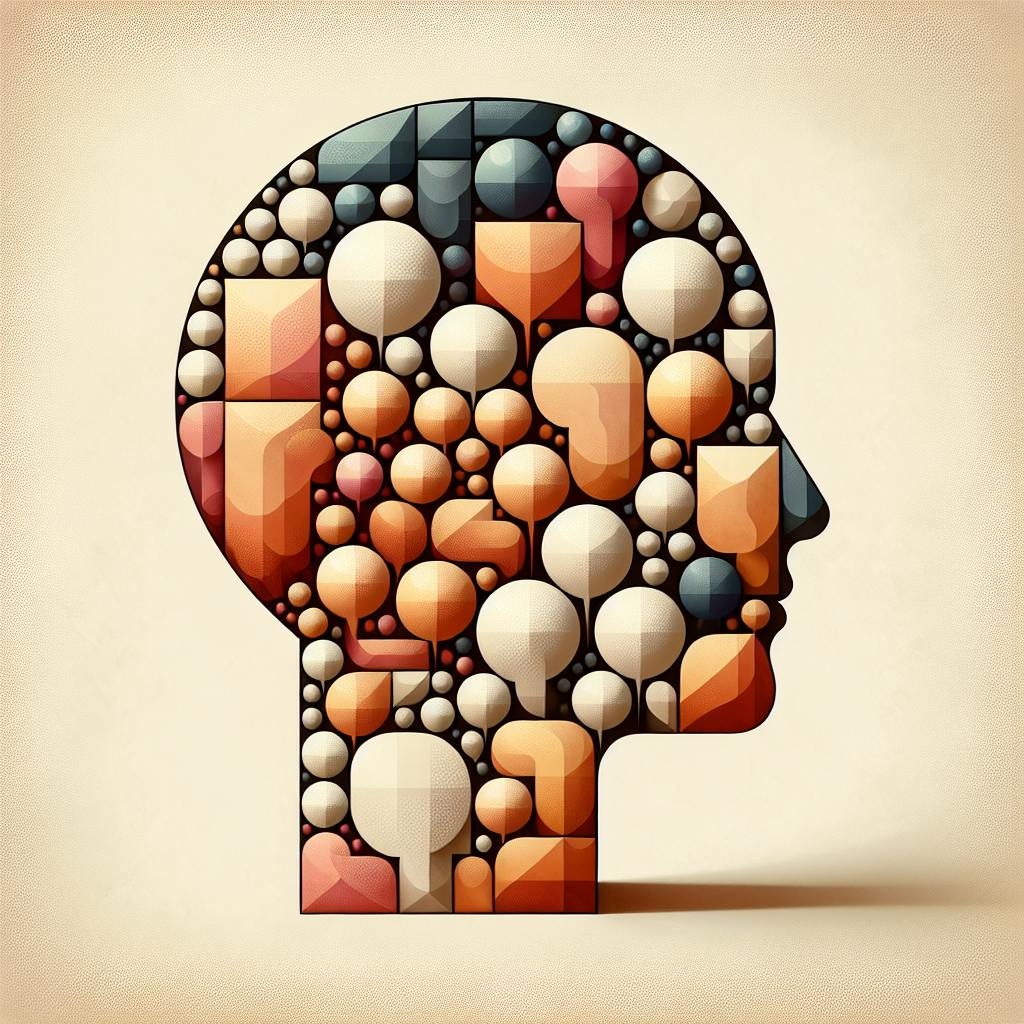Introduction
ChatGPT has taken the world by storm as an incredibly capable AI chatbot that can hold natural conversations and generate high-quality content on a wide range of topics. However, in its default form, ChatGPT suffers from some key limitations around accuracy, depth of knowledge, and lack of personalization. This presents a major opportunity to customize ChatGPT through machine learning techniques to create more specialized and engaging experiences tailored to specific use cases and audiences.
The goal of ChatGPT customization is to enhance the AI's capabilities and conversational abilities to deliver more value to users. Carefully training ChatGPT on targeted datasets allows improving the accuracy of responses, expanding its knowledge in specialized domains, and enabling more personalized interactions. Blending custom models with ChatGPT’s core foundation unlocks immense possibilities in automating workflows, generating expertise-driven content, and ultimately providing a delightful user experience.
As ChatGPT integration becomes ubiquitous across consumer and enterprise applications, customizing the AI to individual needs and verticals will be key to realizing its full disruptive potential while avoiding pitfalls around misinformation and unethical practices. This article explores the art and impact of ChatGPT customization on improving user experiences.
Understanding ChatGPT Capabilities
To appreciate the transformative potential of customizing ChatGPT, it helps to first understand its core capabilities that serve as the baseline foundation.
Language Generation
ChatGPT exhibits impressive skills in generating high-quality text content across a wide gamut of topics and prose styles. It can respond conversationally, summarize complex concepts, write long-form content like articles and stories, translate text, and even generate programming code. However, its knowledge consistency and factual accuracy are far from perfect currently. Customizing ChatGPT's knowledge base and training it on domain-specific text can significantly improve the precision and reliability of its language output.
Task Automation
The AI assistant can understand natural language commands to automatically perform a variety of productive tasks like scheduling meetings, analyzing data, doing research, etc. However, it has limitations in executing more advanced logic and lacks integration capabilities with external systems. Tailoring ChatGPT with specialized training focused on particular workflows and industry data enables expanding the breadth of automated tasks it can handle.
Knowledge and Capabilities
While ChatGPT has impressive breadth of knowledge on a range of topics, it suffers from outdated, incomplete, or incorrect information in many domains. Customizing ChatGPT by training it on up-to-date, high-quality datasets can fill gaps and correct misconceptions in its knowledge. This allows tapping subject matter expertise to strengthen its capabilities.
Creativity and Personality
In its default form, ChatGPT exhibits some wit and humor in conversational responses. However, its creative output is limited in originality and consistency. Fine-tuning allows crafting a more personable and engaging personality tailored to brand voice and audience expectations. This makes interactions more delightful.
Use Cases and Applications
ChatGPT’s generalist knowledge allows its use across many consumer and enterprise applications - from content creation to customer service. However, further customization is required to adapt its knowledge and capabilities to specialized industry verticals and use cases. Building custom AI assistants for healthcare, finance, marketing and more unlocks immense potential.
Key Benefits of Customizing ChatGPT
Customizing ChatGPT through training on specialized datasets unlocks a wealth of benefits across industries and use cases.
Healthcare
-
Medical GPTs can provide accurate diagnosis and treatment guidance based on training with medical journals and doctor experiences. This results in more reliable healthcare advice.
-
Chatbots can be personalized to individual patients with access to their medical history for continuity of care.
-
Automation of paperwork and coding tasks improves clinical efficiency.
Customer Service
-
Sentiment analysis and empathy training enables detecting user emotions and providing personalized support.
-
24/7 availability for instant assistance improves customer satisfaction.
-
Integration with CRM data provides customers with account-specific responses.
Marketing
-
Generating targeted landing pages and ad copy tailored to products/services improves conversion rates.
-
Automated social media post creation scaled across platforms saves time.
-
Market research and competitive analysis provides data-driven insights.
Legal
-
Reviewing and analyzing contracts or filings is faster with legal GPTs trained on case law.
-
Automating document drafting for common templates boosts efficiency.
-
Quick access to legislation or past verdicts aids research.
Techniques for Training Custom Models
Several machine learning techniques allow customizing ChatGPT models for enhanced capabilities.
Fine-Tuning
Fine-tuning involves additional training of an existing model on new data specific to the target domain or task. This adapts the model without losing its original capabilities. Fine-tuning is efficient as it requires less data than full retraining.
Prompting
Providing prompts guides the model’s response by giving it context and steering it towards the desired output. Prompts optimize responses from the original model without retraining.
Reinforcement Learning
The model is rewarded or penalized based on its outputs to reinforce desired behavior. User feedback can provide the reward signal. This approach teaches models personalized preferences.
Knowledge Integration
Supplementary training on external databases or integrating APIs gives models access to expanded, up-to-date information sources. This enhances accuracy.
Hybrid Models
Blending specialized custom models with the original ChatGPT foundation combines strengths. For example, first consulting a medical GPT then having ChatGPT explain the diagnosis simply.
Responsible Practices for Customization
To build trust and mitigate risks of misuse, responsible practices for customizing ChatGPT are essential.
-
Continuously monitor for toxic or biased outputs and refine model training to address issues.
-
Conduct rigorous testing across edge cases using validation sets before deployment to avoid errors.
-
Maintain transparency about model capabilities, limitations and sourcing of training data.
-
Implement techniques like differential privacy and federated learning to protect user privacy.
-
Enable user feedback channels to identify problems early and allow ongoing model improvements.
-
Consult with ethicists and civil society groups early in development process.
-
Clearly communicate role of humans in overseeing use of customized models, especially for high-risk applications.
Evaluating Custom Model Performance
Key metrics to quantify custom model improvements:
-
Precision - Percentage of model outputs that are factually accurate and relevant. Higher is better.
-
Recall - Percentage of total relevant outputs that the model generated successfully. Higher recall minimizes missed information.
-
F1 Score - Harmonic mean of precision and recall balancing the two. Higher is better.
-
Accuracy - Percentage of overall model outputs that are correct. Direct measure of improvement.
-
Perplexity - Measure of how well the model predicts sample text. Lower perplexity indicates better generalization.
The Impact of Customized ChatGPT on User Experience
Thoughtfully customizing ChatGPT delivers immense dividends in user satisfaction and engagement.
-
More Personalized Service - Tailoring conversations to individual user needs and interests with access to their data history creates a personalized touch.
-
Improved Trust - Higher accuracy and reliability of responses through custom training increases user confidence and trust.
-
Streamlined Workflows - Automating industry-specific tasks like paperwork and data analysis saves users time.
-
Enhanced Capabilities - Specialized knowledge from custom models allows access to expertise beyond default ChatGPT.
-
Brand Loyalty - Unique customized personalities aligned to brand voice delight users and build affinity.
Carefully crafted customization enhances ChatGPT as a product, platform and solution - creating happier, more loyal users.
Conclusion
Customizing ChatGPT opens up game-changing possibilities in enhancing capabilities and transforming user experiences across industries. With responsible practices and measurable validation, custom models unlock more accurate, personalized and delightful AI applications - leading to improved customer satisfaction and business outcomes.


